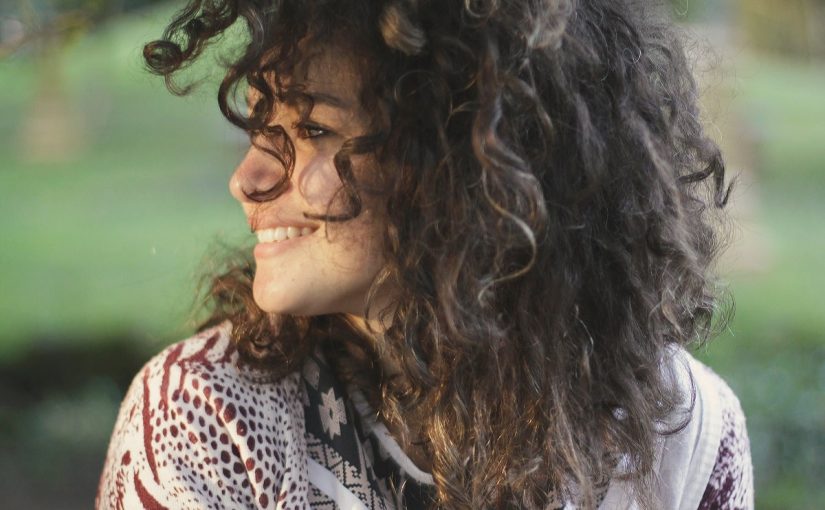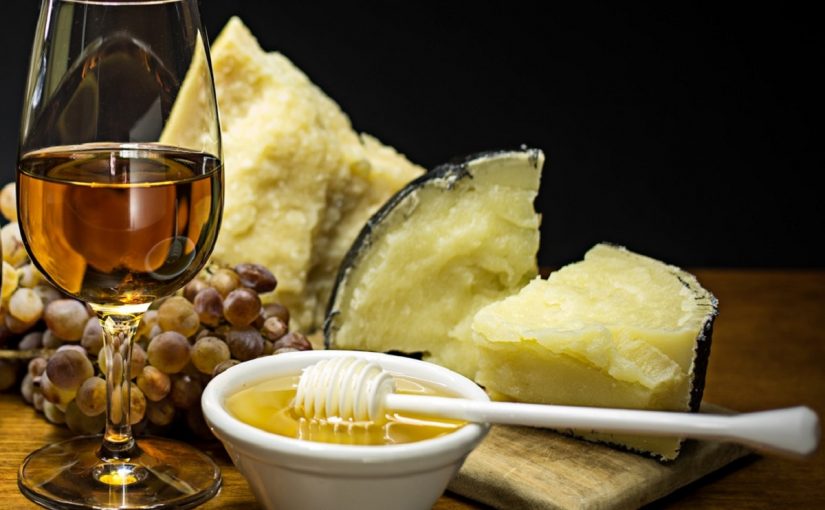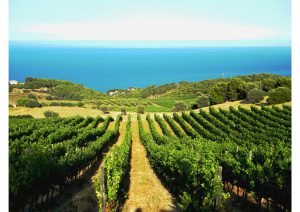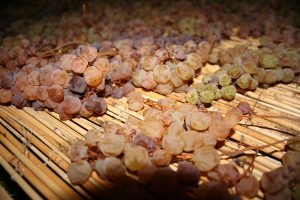“Well, bread and salt will soothe a rumbling belly. Why so? / The greatest pleasure’s not in costly flavours, it resides / in you yourself.”
[Horace, Saturae, Liber Alter, 2.2]
30.10.2018
THE CULTURAL CHALLENGE TO CONSUMERISM
Mediterranean life style is not simply well nutrition. Mediterranean way of life begins with what people do of the leftovers, here alluding to the traditional admonition that leftover have to be gathered.
It is startling to be told, in a culture as wasteful as ours that Mediterranean way of life begins with what we do with our leftovers. Just observe a typical school lunch program to see the mounds of garbage. “Do not waste” means little to children brought up to believe that if something does not meet your taste or adhere to the current fashion, you can waste it.
Instead, in Mediterranean cuisine all is re-utilized. No need to add that, in the field of personal relatioships, Mediterranean people devolve a great attention to family relationships and to everyone value, no matter if too much young or aged; everybody pays special attention to moral consideration and appreciation of every person.
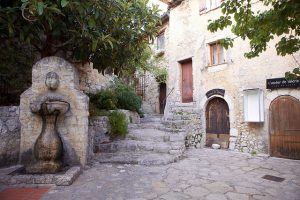
In this context a familiar statistic begins to ring true: The industrialized countries, with only one-fifth of the world’s population, consume two-thirds of the world’s resources and generate 75 percent of all the pollution and waste products. The disparities between human beings who live in squalor and those who have everything money can buy are glaring in a very interconnected world. This great disparity denies social justice, leads to ecological tragedy, and most of all creates a misperception of what good life really is, which ultimately makes excessive consumption a cultural question.
What and how much we consume manifests our conception, about who we are and why we exist. The spiritual and cultural impoverishment that are the natural by-products of consumerism are evident everywhere. Money talks, but “it has such a squeaky voice and has so little to say.” How can Mediterranean life style helps us to find a more satisfying life for ourselves and at the same time make us more socially responsible in achieving it?
Mediterranean culture suggest three ways: the cultivation of the natural virtue of temperance; the admonitions about the dangers of over-consumption and the fundamental requirement of love of neighbor; and, finally, the teachings based upon the order of nature and the higher demands of spiritual living.
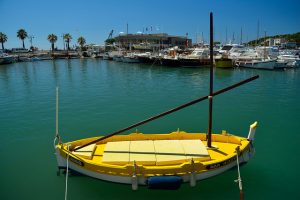
MEDITERRANEAN STYLE AS A “VIRTUE OF LIVING”
More and more ethical theorists give credence to the role virtues play in building character. Virtues are being seen and appreciated anew because their cultivation can provide the inner strength needed to live happily and successfully. Without these well-established habits we are under the influence of external stimuli, and we become victims of our own disordered needs and passions. To be creative and generous contributing members of society we need a structure that allows us to use our gifts in a sustainable way; the virtues provide such a structure. They are a wisdom for living that was recognized as far back as the ancient Greeks and beyond.
Those virtues are honored in the Mediterranean culture as part of a household code of living on earth.
Among our “cardinal virtues” that humans find essential, there is the virtue of sobriety and temperance, both in the behavior, in the cuisine and the way of life; it is regarded as one of the hinges of a happy life.

Herein, the rich meaning of Mediterranean sobriety is not captured by the concept of moderation. Moderation is only a small part of temperance, the negative part. According to St. Thomas Aquinas, temperance gives order and balance to our life. It arises from a serenity of spirit within oneself. The reasonable norm allows us to walk gently upon the earth. Temperance teaches us to cherish and enjoy the good things of life while respecting their natural limits. Temperance in fact does not diminish but actually heightens the pleasure we take in living, by freeing us from a joyless compulsiveness and dependence. Temperance therefore means a lot more than the so-called “temperance movement” regarding the consumption of alcohol!
Calabrian and Mediterranean way of life contrasts the consumerist way of life which multiplies human wants with the simple life whose aim is to achieve maximum well-being with the minimum use of the earth’s resources.
The “logic of production” that demands more and more grown in consumption is a formula for disaster, it can be argued.
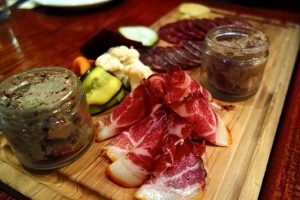
“WEALTH AND CONSUMPTION” IN MEDITERRANEAN STYLE
Mediterranean and Calabrian people want to be in the vanguard in favoring ways of life that decisively break with the frenzy of consumerism, exhausting the joyless. It is not a question of slowing down progress, for there is no human progress when everything conspires to give full reign to the instincts of self-interest and power. We must find a simple way of living.
Consumer choices and consumer demands are moral and cultural expression of how we conceive of life. Is life all about working and spending in order to have more to worn and spend? Could not it rather all be about contemplation, what can be called a “disinterested, unselfish and aesthetic attitude” that is born of wonder in the presence of being and of the beauty which enable one to see in visible things the message of the invisible God who created them”.
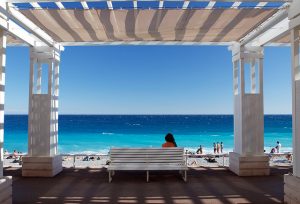
“PEACEFUL” MEDITERRANEAN LIFE STYLE
For readiness to create a greater and more equitable solidarity between people is the first condition of peace. Mediterranean people has such a tradition of spiritual generosity, industry, simplicity and sacrifice that you cannot fail to heed this call today for a new enthusiasm and a fresh determination. It is in the joyful simplicity of a life inspired to Calabrian people by the Gospel and the Gospel’s spirit of fraternal sharing that you will find the best remedy for sour criticism, paralyzing doubt and the temptation to make money the principle means and indeed the very measure of human advancement.
It is because in Calabria and in many Mediterranean countries the poor ones have only their family and friends to look to for their help; thus they are able to recognize the radical human dependency that is the condition of every creature. Wealth, on the other hand, creates the illusion of independence and self-sufficiency, a dangerous posture.
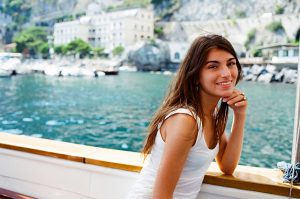
Our tradition demands detachment from wealth and prescribes the just use of monetary resources. This tradition asks that our preferential love go particularly to the poor. Included today with the poor and the exploited must be the whole natural world.
According to Mediterranean style of life, you are not making a gift of your possessions to the poor person. You are handing over to him what is his. For what has been given in common for the use of all, you have abrogated to yourself. The world is given to all, and not only the rich.
In Calabria, the bread we clutch in our hands belongs to the starving, the cloak we keep locked in our closet belongs to the naked, the shoes we are not using belong to the barefooted.
THE “GOOD LIFE” AND MEDITERRANEAN LIFE STYLE
The question of defining more accurately what the good life is has become especially acute. Households go into debt to buy products they do not need and then work longer than they want in order to keep up with the payments. Shopping is the chief cultural activity in the Western world.
Calabrian people loves their families, while it is common in the Western world see a loss of frequent, significant contact among family members, less and less unstructured time, mounting clutter in the home and constant flux in daily activity. Regarding the ever-increasing amounts of clutter, the typical Western family owns more than most Egyptian pharaohs in their heyday. The world has never seen consumption like this on such a scale.
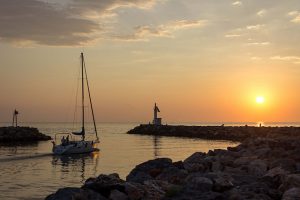
The good life should allow people to work at things that are personally satisfying and expressive of themselves.
The good life should include also a certain leisure for leisure is the basis of human culture. There should be opportunities to contribute to the common good as well as to pursue personal happiness. There should be time for family and friends, for worship and prayer. There also should be a certain asceticism to include a rediscovery of the benefits of fasting.
You can find in Calabrian sobriety many of these styles.
(This post is freely inspired by a real speech of Monsignor Charles Murphy about the style of life of Catholics)

